When your doctor tells you that you have high blood pressure, you’ll need to know the shockingly dangerous side effects of synthetic blood pressure drugs. Unfortunately, not all of these side effects are listed on the labels. There’s far more danger than the labeling and pharmaceutical companies let on. Thankfully, though, there are healthier alternatives.
Examining Synthetic Blood Pressure Drugs and Their Shocking Side Effects
There are dozens of high blood pressure medications on the market. And, your doctor might prescribe more than one for your condition. Let’s look at some of these medications, what they do, and their shocking side effects, first:
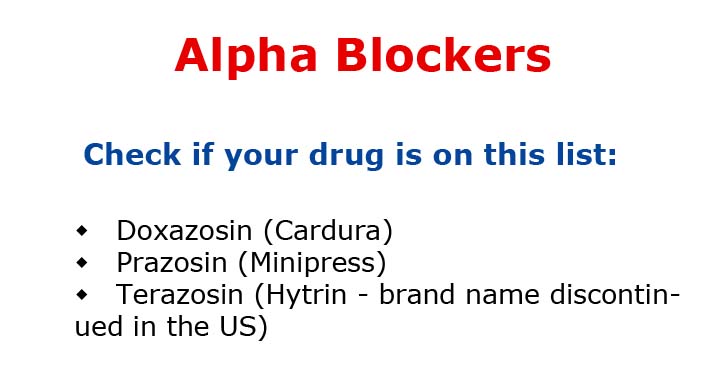
Norepinephrine (noradrenaline) is the target of these drugs. They stop this hormone from doing its job. That means it can no longer constrict the muscles surrounding smaller arteries, other muscles throughout the body, and veins.
The first dose effect is the most common side effect and this happens when first taking alpha blockers. People who experience this side effect will feel dizzy and faint when going from a sitting to a standing position. They also note a dramatic decline in blood pressure. However, there are additional side effects as well that include:
- weight gain
- weakness
- pounding heartbeat
- headache
- nausea
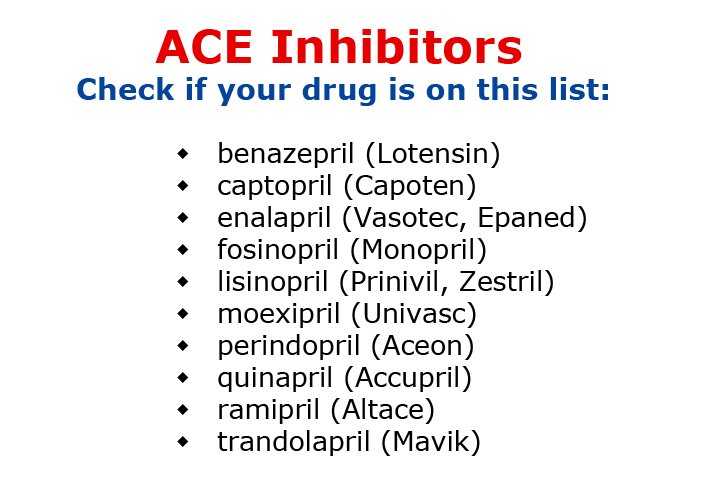
These drugs disrupt your body’s ability to make Angiotensin II which is a naturally occurring substance therein. When it is absent, blood vessels are able to dilate, or enlarge, which contributes to the reduction of blood pressure levels. However, it is important to note that the body will be depleted of the increased water and sodium that Angiotensin II triggers through other hormones.
Generally, people will experience a dry cough as a side effect, however, much more serious effects may ensue. There’s the potential for:
- dizziness
- reduced appetite
- increased blood potassium
- rash
- lightheadedness
- swelling
- changes in the flavor of foods.
ACE inhibitors are also linked to birth defects.

While not actually blocking the production of Angiotensin II, these drugs do block its ability to act as it was intended. The side effects associated with these drugs are relatively rare but they include:
- Lightheadedness
- Headache
- Sinus Congestion
- Kidney Failure
- Lowered White Blood Cells
- Allergic Reaction
- Liver Failure
- Diarrhea
- Dizziness
- Back and Leg Pain
- Swelling
And, they are also linked to birth defects.
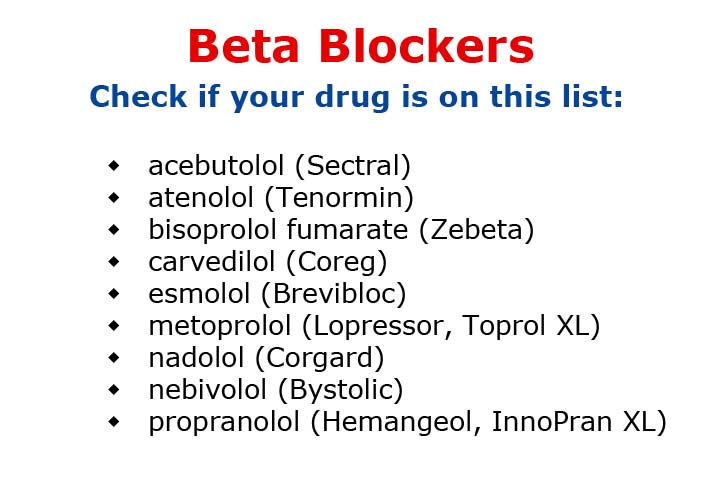
Beta Blockers are better described as beta-andrenergic blocking agents because they block epinephrine (adrenaline). This will cause the blood vessels to open and the heart to slow. While that might sound useful, the common side effects list includes: dizziness, fatigue, weakness, and cold hands. But, the less common list of side effects is far more menacing:
- Severe Asthma Attacks
- Insomnia
- Reduced Libido
- Depression
- Shortness of Breath
Not to mention the fact that in diabetics, they can block the ability to know when blood sugar is low. And, they affect triglyceride and cholesterol levels, though this is typically temporary. Most importantly, the abrupt discontinuation of these drugs has been known to increase heart attack risks and other heart issues. In fact, some doctors see the use of beta blockers linked to an increased risk of heart disease.
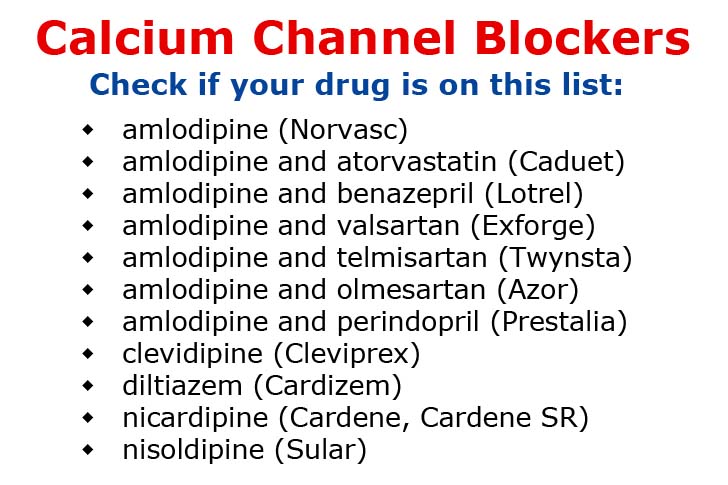
These are calcium antagonists that inhibit the calcium ions from penetrating the cell walls of the muscles surrounding blood vessels and the heart. This makes them relax as calcium ions are necessary for muscles to contract.
The list of side effects associated with calcium channel blockers include:
- swelling in lower legs and feet
- rapid pulse, constipation
- nausea, headache
- drowsiness
- flushing
Be advised that grapefruit often negatively interacts with these drugs and it causes the liver to be unable to remove them from the blood which results in very dangerous concentrations.
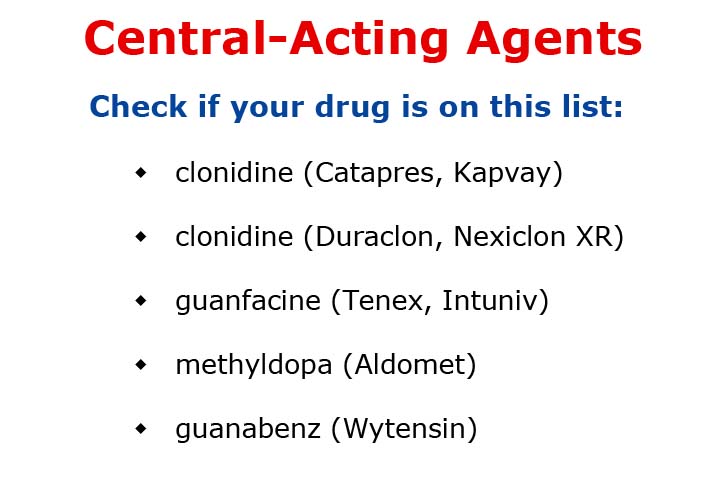
These drugs directly affect the brain as they work to block signals that trigger the body’s ability to speed up heart rate or make blood vessels constrict. There are several other names for these drugs: central agonists, central alpha agonists, and central andrenergic inhibitors, but this class of drug is less commonly used due to the severity of its side effects.
Abrupt discontinuation of the drug, especially when it’s taken in conjunction with a beta blocker, can lead to dangerously high spikes in blood pressure. Aside from that, the other side effects are:
- weight gain,
- impaired thinking
- headache
- impotence
- constipation
- depression
- drowsiness
- fatigue
- dizziness
- dry mouth
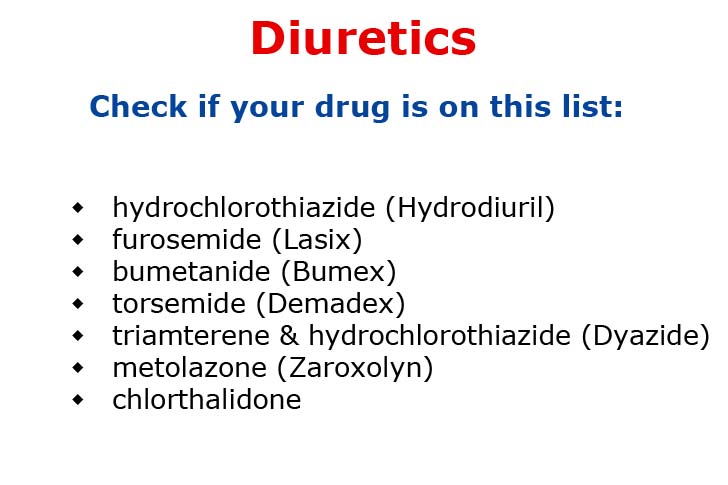
These come in three classes: Thiazide Diuretics, Potassium-Sparing Diuretics, and Loop Diuretics. They cause the kidneys to excrete sodium and water into the urine which will result in less fluid within the blood resulting in lowered blood pressure.
Increased urination is a common side-effect and when it’s linked to loop diuretics this may subside within a few weeks of beginning the medication. Another effect is caused by potassium-sparing diuretics and it results in too much potassium in the blood. Whereas thiazide diuretics are tied to too little potassium in the blood. Some other common side effects include:
- Menstrual Irregularities
- Gout
- Rash
- Erectile Dysfunction
- Breast Enlargement in Men
- Increased Blood Sugar
- Increased Cholesterol
Notably, diuretics have been linked to heart disease by some physicians.
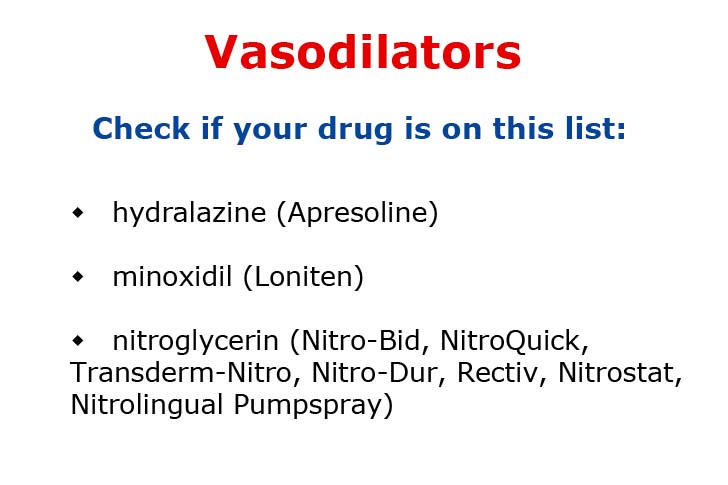
The precise mechanisms that make these medications function are still not fully understood. However, they are designed to cause blood vessels to open. Some think that the hydralzine interferes with calcium ions allowing muscles and vessels to relax. And the often included minoxidil molecule has a nitric oxide element which tricks the blood vessels into opening up.
When it comes to the side effects associated with these drugs, people note:
- excessive hair growth
- vomiting
- racing pulse
- chest pain
- dizziness
- flushing
- sinus congestion
- nausea
- fluid retention
- heart palpitations.
A Healthier Alternative
Choosing a synthetic blood pressure drug is a decision that could have very grave results for you and your future children. There are healthier alternatives to synthetic blood pressure medications.
One example is an all-natural supplement called Carditone. It is designed to support the body’s cardiovascular system to bring blood pressure back down into healthy and safe levels. It is composed of organic Ayurvedic herbs.
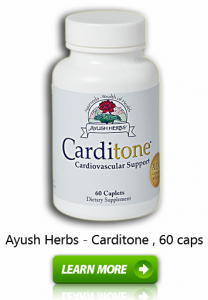
If you’ve never heard the word Ayurvedic, the medicine associated with it originated in India over 3000 years ago and it’s still a part of the traditional health care system there. The word itself combines two words in Sanskrit meaning: life science. Some common ingredients in Ayurvedic medicine include: turmeric, ashwagandha, and amalaki.
If you’re considering a healthier alternative to synthetic blood pressure medication, Carditone might be a good option. No doubt there are better ways to deal with your high blood pressure than synthetic pharmaceuticals and all the side effects they offer.
To learn more about how Carditone works, –>> CLICK HERE <<–
You may also want to check our FREE report on 50 alternative ways to lower a blood pressure:
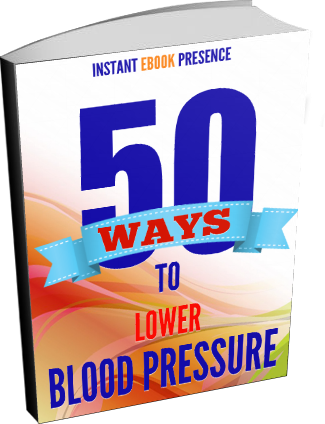
FREE Report: 50 Ways To Lower Blood Pressure!
50 Ways To Lower Blood Pressure!
Lower Your Blood Pressure With Hands-On, Usable And All Natural Methods!
Share with your friends and relatives who can benefit from this information:






